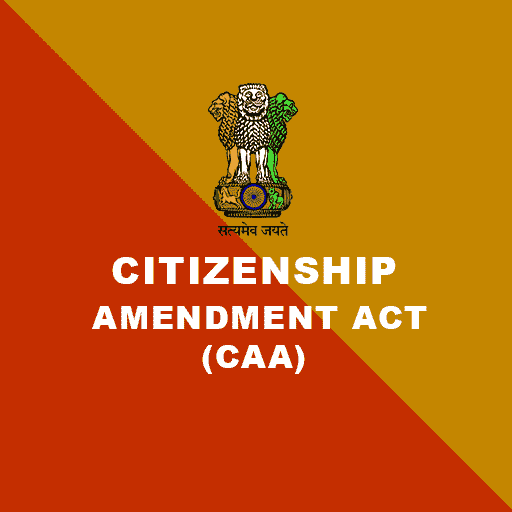What is the CAA, Citizenship Amendment Act?

Citizenship Amendment Act (CAA) is presently an Act makes it simpler for the non-Muslim migrants from India’s neighbors – Pakistan, Bangladesh and Afghanistan to become residents of India.
In spite of the fact that the Bill doesn’t illuminate it obviously, yet the way that it entitles Hindus, Sikhs, Buddhists, Jains, Parsis, and Christians confronting strict mistreatment in the three countries, to look for Indian citizenship, features the rejection of Muslims.
The Act says the evacuees of the six networks will be given Indian citizenship subsequent to living in India for a long time, rather than 11 years sooner.
Who will Profit by the Law?
The Citizenship (Amendment) Act awards citizenship to Hindus, Christians, Sikhs, Buddhist, Jains and Parsis – from Afghanistan, Pakistan and Bangladesh who had landed in India before December 31, 2014.
The enactment applies to the individuals who were “constrained or constrained to look for cover in India because of abuse on the ground of religion”. It plans to shield such individuals from procedures of unlawful relocation from the neighboring nations.
The necessity to remain in India for those having a place with any of these 6 religion for in any event 11 years before applying for Indian citizenship has been diminished to five years. Indian citizenship, under present law, is offered either to those conceived in India or in the event that they have lived in the nation for at least 11 years.
What makes Citizenship Act controversial?
There are two particular revitalizing purposes of fights against the Act. In the upper east, the dissent is against the Act’s usage in their regions.
A large portion of them dread that whenever executed, the Act will cause a surge of foreigners that may adjust their segment and etymological and social uniqueness.
In the remainder of India, as in Kerala, West Bengal and in Delhi, individuals are challenging the rejection of Muslims, claiming it to be against the ethos of the Constitution as it makes religion a paradigm for giving Indian citizenship to outsiders.
Who are barred from the Act’s domain?
The Citizenship (Amendment) Act doesn’t make a difference to innate zones of Tripura, Mizoram, Assam and Meghalaya.
In light of being remembered for the Sixth Schedule of the Constitution. Additionally regions that fall under the Inner Limit told under the Bengal Eastern Frontier Regulation, 1873, will likewise be outside the Act’s domain.
This keeps practically whole Arunachal Pradesh, Mizoram, Manipur and Nagaland out of the ambit of the Act.
This is additionally why there have been such serious fights in Assam and Tripura as just a little piece of these states is secured, leaving lion’s share of the state open to Citizenship Act execution.
How is National Register of Citizens (NRC) associated with Citizenship Act?
The NRC, which distinguished unlawful migrants from Assam, had been a longstanding interest in Assam.
However, as far back as its execution, there has been a developing interest for its across the country usage. After the refreshed last NRC in Assam was discharged on August 31 this year, it prohibited the names of more than 19 lakh candidates, including Hindus.
Presently, the CAA will guarantee they are not hurt. NRC, which might be stretched out to the remainder of the nation, did not depend on religion, in contrast to CAB.
Government’s remain on CAA, The Center has dismissed the proposals that the bill is hostile to Muslim.
Home pastor Amit Shah has said the measure has the support of 130 crore residents of the nation as it was the piece of the BJP statement in 2014 just as 2019 Lok Sabha decisions.
The Act doesn’t victimize anybody and doesn’t grab anybody’s privileges, Shah said. The home clergyman said under the Act, citizenship will be allowed to displaced people originating from the three nations subsequent to confronting strict abuse there even without reports, including apportion cards.
This bill isn’t even .001 percent against Muslims. It is against infiltrators, the home pastor has repeated.


